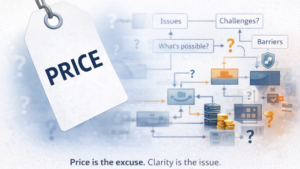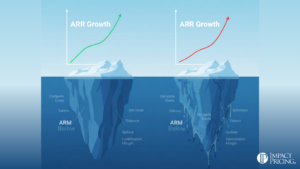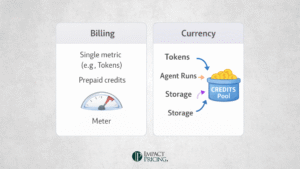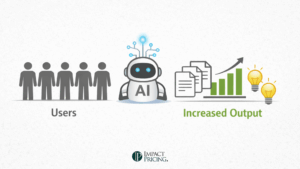Many top retailers have attempted to use discounts to lure more customers to their stores. But some have done this poorly, and found themselves in legal trouble because of it. If a firm advertises a high original price alongside a sale price, without ever having sold the product at the listed original price, this can actually be illegal. For example, the law in California states that firms must have sold a product at the original price within the previous three months.
But let’s leave the legalities to the lawyers. Let us talk now about the power of discounts, and why these ‘fake’ discounts work so well.
Assume a product sells for $10. You want this product and are willing to pay the price. However, how much better would you feel if you knew the product normally sells for $20, but you could buy it at $10? If you think about it, the normal price should be irrelevant to your decision. After all, you’ve already decided that you’ll buy it at $10. But it’s not irrelevant – it feels so good to get a discount, even if the discount is merely perceived, and not real.
This phenomenon actually has a name: the original price is known as a reference price. A reference price is the price a shopper expects to pay or believes others paid. It’s really what the shopper will compare with any subsequent prices they see (e.g., a sale price). Reference prices are used in many ways. One way is when a shopper has shopped for a period of time, knows the price of a product and then sees it on sale. This is based on the shopper’s own experience.
However, businesses can also manipulate reference prices. Some companies write things like “sold elsewhere for $20”. This naturally makes the lower-priced product look like a good deal. Sometimes they advertise a recommended retail price to set a point of comparison. The easiest and most honest way to take advantage of this reference price phenomenon is to simply lower the normal price of an item, and be sure to let people know you lowered the price.
As one ethically questionable example, a company can set a reference price by simply saying they used to sell the product at a higher price, but in reality, never did.
Perceived discounts are a powerful marketing tool. As marketers, we should consider them, and we should remain ethical. Don’t lie to your market.















